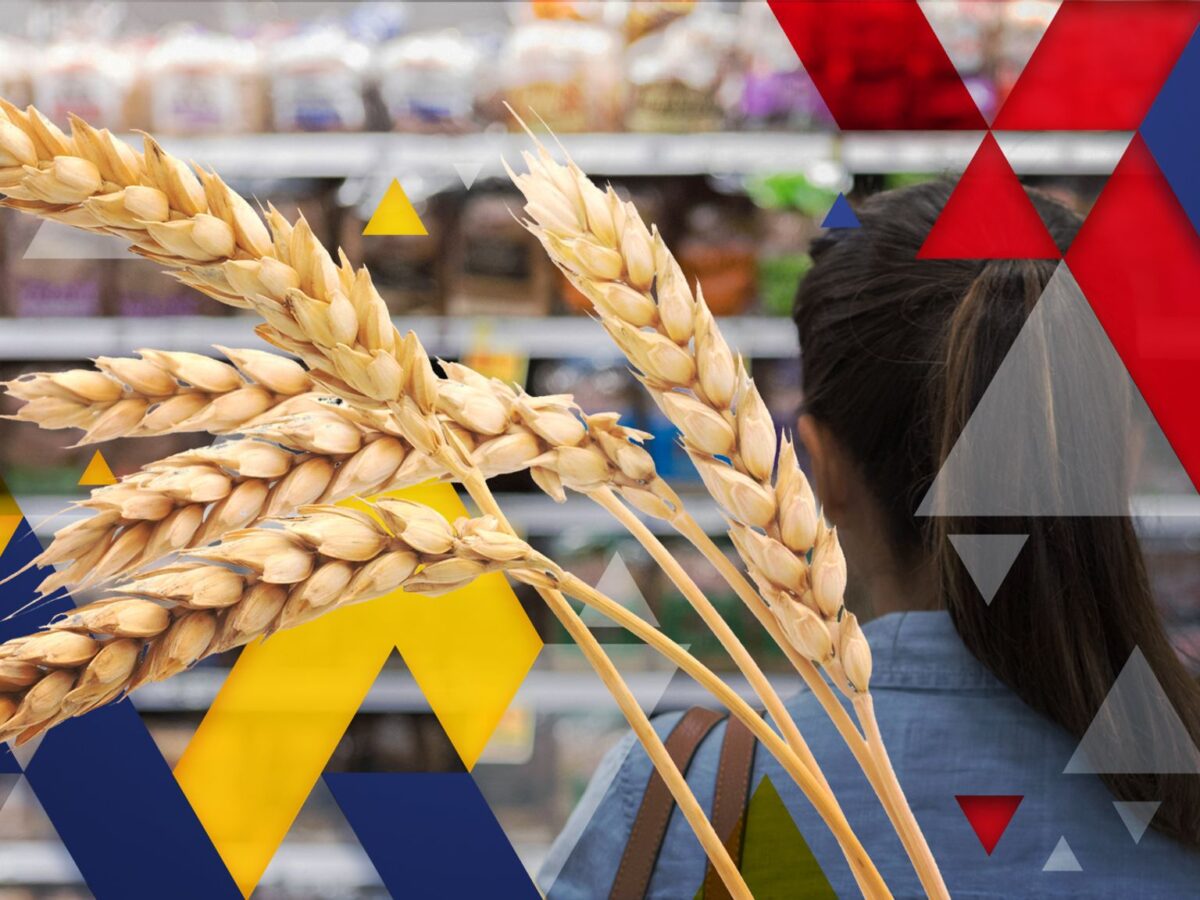Russian-Ukraine war is on headlines for weeks now, it has been creating, instability in all sector of life from Traditional security to non-traditional security of the world. Russia as strategic actor in international economics and politics, and its involvement in conflict is not working for many countries across the World because of their dependency on the mighty Bear (Russia). Most of the Europe depends on Russian Gas and Oil to fulfill their energy needs, Germany as alone import its 25% of energy from Russia. The conflict has caused an increase in energy prices as well as food prices. The United Nations is particularly concerned about one of the potential consequences of the conflict: the risk of famine. It has never seemed more important in some countries, and it may become more so in others. The dizzying rise in the price of agricultural and energy commodities could plunge 44 million people into famine. According to the Food and Agriculture Organization of the United Nations (FAO), the war in Ukraine may cause 8 to 13 million additional people to go hungry, primarily in Asia, Africa, and the Middle East. However, hunger already affects one out of every ten people in the world, and one-third of the world’s population is food insecure as a result of the COVID-19 pandemic and rising energy prices.

Why there are too many things are on stake because of this conflict. Just look at the dependency “world” have on these states in term of Food security, Ukraine and Russia are major exporters of wheat, corn, rapeseed, barley, and sunflower, accounting for more than one-third of global grain exports. Russia is even the leading wheat exporter, with Ukraine ranking fifth. The two countries sell 70% of the sunflower oil produced. Wheat, on the other hand, is a staple food for 35% of the world’s population, and its price is skyrocketing. The increase is due to the blockage of exports from Ukrainian Black Sea ports. The next harvest in Ukraine, scheduled for June/July, is not guaranteed to take place. Russia has threatened to halt all exports until June 30. Its Black Sea ports are open, but the sanctions have made trading difficult and caused the ruble to fall sharply, potentially raising prices still further. Another major reason for this increase is that Russia is the world’s largest exporter of gas and the world’s second largest exporter of oil, both of which have seen significant price increases as a result of the war. The gas is used to produce synthetic nitrogen fertilizers, of which Russia is the world’s largest exporter, supplying no less than 25 countries. Furthermore, the rise in the price of gas and oil has an impact on the operation of agricultural machinery, transportation, and product processing.

Research Associate, Pakistan House



